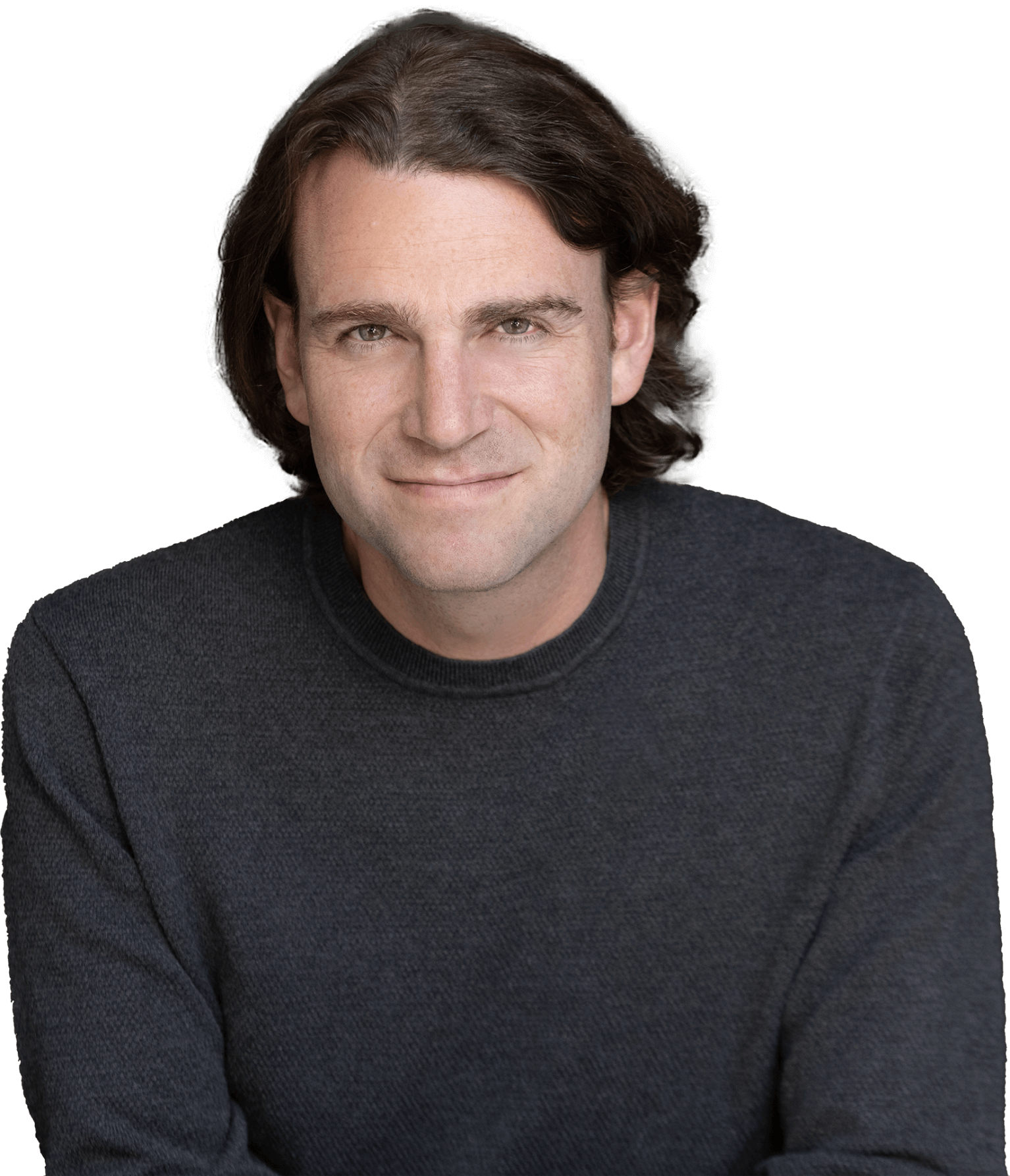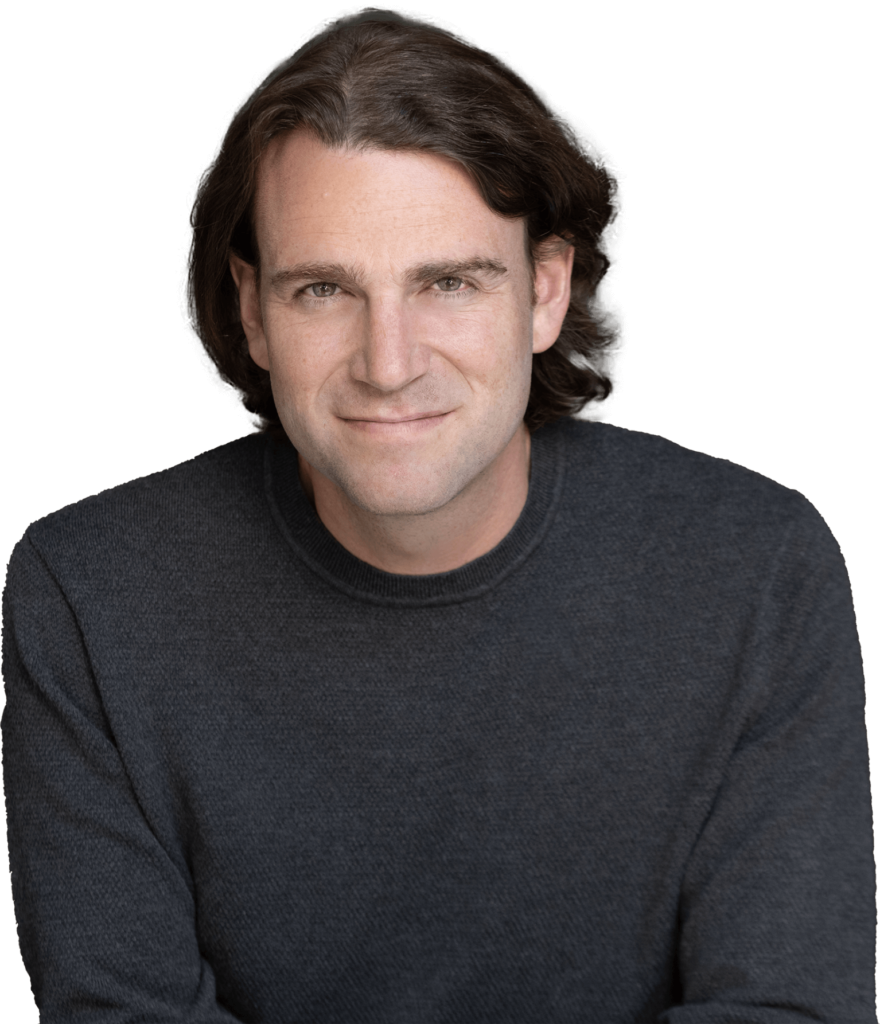The medical and academic community is mourning the heartbreaking loss of Dr. Nolan Williams, a renowned neuropsychiatrist, researcher, and Associate Professor of Psychiatry and Behavioral Sciences at Stanford University, who has tragically died by suicide in San Francisco, California.

Dr. Williams was widely respected for his groundbreaking contributions to neuroscience and psychiatry, particularly in developing innovative brain stimulation and neuromodulation therapies for treatment-resistant depression and other neuropsychiatric disorders. His passing leaves behind a profound void in the scientific world and among the countless patients and researchers whose lives he touched.
At Stanford, Dr. Williams served as the Director of the Stanford Brain Stimulation Laboratory (SBSL) and Director of Stanford Interventional Psychiatry Clinical Research. Under his leadership, his team achieved international recognition for creating Stanford Accelerated Intelligent Neuromodulation Therapy (SAINT) — a revolutionary, non-invasive treatment for severe depression. SAINT became the first psychiatric treatment to receive FDA Clearance (2022) and Medicare coverage, marking a historic advancement in mental health care.
Beyond his scientific innovations, Dr. Williams was admired for his compassion, dedication, and relentless pursuit of healing through technology and empathy. His research explored how neural circuitry could be modulated to restore mental health, and he was among the first investigators to conduct clinical trials on psychedelic medicines like ibogaine for psychiatric illnesses.
Born with an insatiable curiosity for the human brain and mind, Dr. Williams earned his M.D. from the Medical University of South Carolina (MUSC), where he completed dual residencies in Neurology and Psychiatry. He later became triple board-certified in General Neurology, General Psychiatry, and Behavioral Neurology & Neuropsychiatry, reflecting his deep expertise in clinical neuroscience.
Throughout his remarkable career, Dr. Williams received numerous accolades, including the A.E. Bennett Award (2024), Colvin Prize (2024), and Visionary Award (2025), among many others from the Brain & Behavior Research Foundation and the National Institute of Mental Health. His pioneering research was featured in major publications such as The New York Times, Scientific American, USA Today, and The Washington Post, and on programs like CBS Sunday Morning and TODAY Show.
Colleagues remember Dr. Williams not only as a visionary scientist but also as a kind mentor and advocate for mental health reform. His work and passion have inspired a new generation of clinicians and neuroscientists dedicated to advancing the field he helped transform.
Stanford University and the broader psychiatric community have expressed their deep condolences to his family, colleagues, and students. In a statement, faculty members described his death as “a devastating loss to science, medicine, and all who strive to bring light to those struggling with mental illness.”
Dr. Williams’ legacy will endure through the patients helped by his therapies, the researchers continuing his mission, and the ongoing clinical impact of the innovations he pioneered.
Funeral arrangements have not yet been publicly announced. Friends, colleagues, and admirers are encouraged to honor his memory by supporting mental health awareness and suicide prevention efforts.

